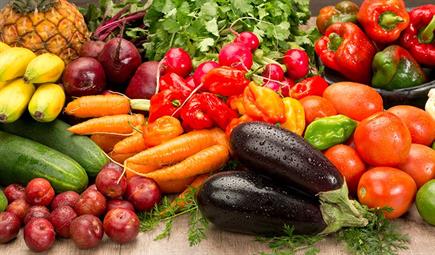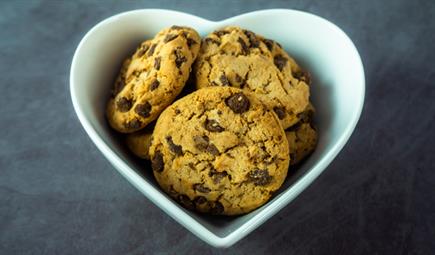Our Doctors
Meet all the doctors from Cleveland Clinic Abu Dhabi.
View Doctors
Ideas on how you can change your diet to help decrease your risk of heart disease

Some of the most important factors contributing to the development of heart disease are lifestyle decisions such as lack of exercise and a diet high in sugar. Experts are beginning to understand this further by analyzing data that shows how a diet high in basic sugar and carbohydrates contributes significantly to the development of obesity, diabetes mellitus, and elevated cholesterol. While taking medications for these issues can help, the most significant improvements can be seen through increasing exercise and weight loss, as well as modification of your diet.
You can modify your risk for heart disease by changing your lifestyle through the introduction of exercise into your life and by consuming a healthier diet.
You can get started by doing the following:
Before engaging in any drastic changes to your lifestyle it is always recommended to speak to your physician about what can work best for you.

During the Holy month of Ramadan, adult muslims practice daily fasting from dawn until sunset. Make...
Read Articles
Healthy habits during the holy month are also very important in order to avoid gaining weight. We...
Read Articles
Bariatric surgery, or weight loss surgery can help obese people to lose significant amounts of...
Read Articles
It is important to understand that eating fat doesn’t necessarily make you gain weight. In fact, you...
Read Articles